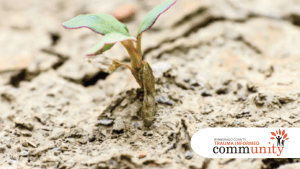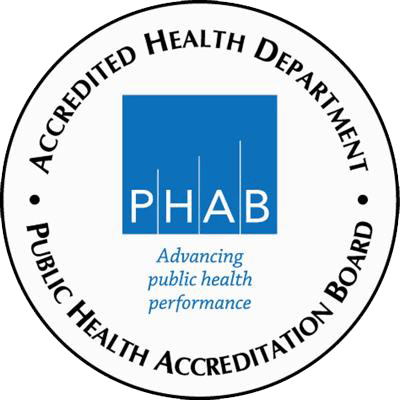Trauma's Impact
Trauma is an event or experience, such as family violence or homelessness, that has a negative impact on an individual including:
- Homelessness
- Substance Abuse
- Unemployment
- Family Violence
- Bullying
The Effects Of Trauma
Trauma can negatively impact healthy development, affect relationships, and contribute to mental health issues including substance abuse.
An individual can be affected by multiple traumas. However, an individual’s response to trauma has a larger impact on their overall health and wellbeing than the number of traumas experienced.
The long-term effect on a person with trauma can be reduced through an informed and supportive community.
Impact On Public Health
Trauma impacts all three Health Priorities for our community:
- Violence
- Maternal and Child Health
- Mental and Behavioral Health
ACEs
Adverse Childhood Experiences or ACES are traumatic experiences that occur in childhood (age 0-17) that may increase risk for violence, chronic health conditions, mental illness, and substance abuse in adulthood.
ACES can be prevented and positive childhood experiences can help.

Building Resiliency
The impact of Trauma or ACEs can be passed down from one generation to the next, however, protective buffers like positive childhood experiences or a caring adult in their lives can help build resiliency and prevent ACEs. While the effects of trauma and ACEs can add up over time when families experience such events like historical and systemic racism or living in poverty for generations, an informed and supportive community can reduce the long-term effects on a person with trauma.



